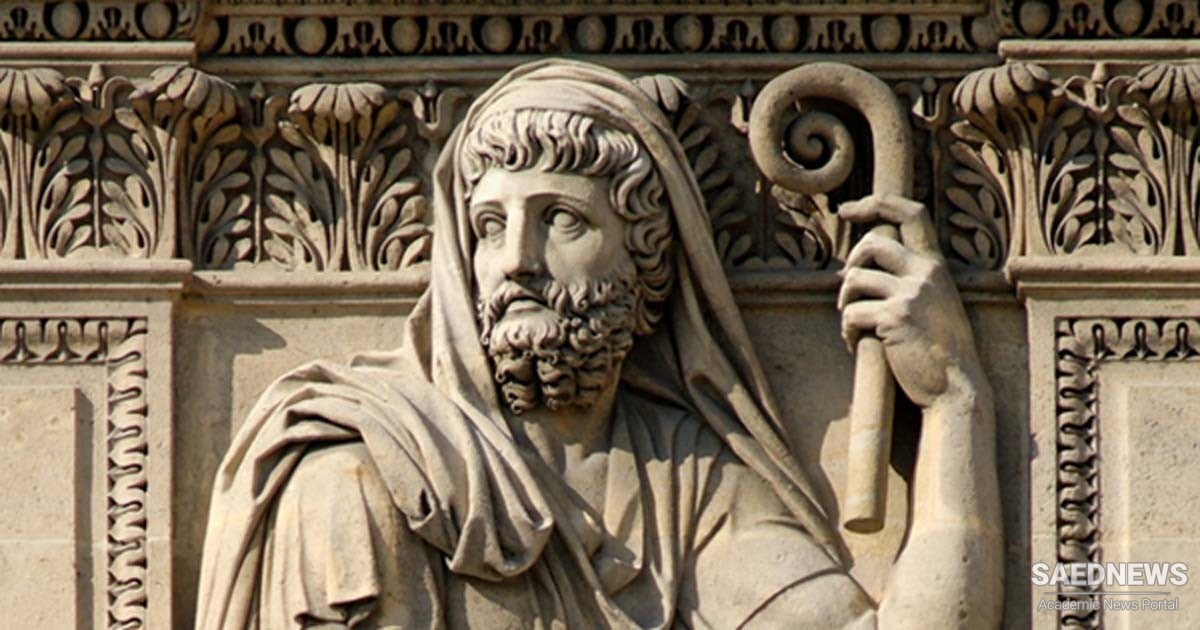In Edward Said’s book, Orientalism, Said presents the idea of Orientalism. In Said’s definition of the concept, Orientalism is the Western view of the Asian world. This is marked by both positive and negative stereotypes that the West has about the East (Edward Said, Orientalism). This includes the feminization of Eastern cultures, the extravagant wealth the region has, and the practices viewed as “barbaric” by the Western world (Edward Said, Orientalism). Although the geographical origin of Orientalism has been lost to time, Orientalism is present in ancient Greek texts. At first glance, one could conclude that Herodotus’ Histories would be a text that would be impartial and neutral. That is because we as readers assume that subjects pertaining to history would have to be void of personal opinion. However, Histories reads less like a history textbook and more like a narration of a novel, peppered with antidotes, myths, and personal notes from the author himself. Although Herodotus himself states that, “My business is to record what people say, but I am by no means bound to believe it- and that may be taken to apply to this book as a whole”, he is still influenced by his values, ideals, and beliefs, which were Greek ones (Herodotus, p. 468). It is unknown what Herodotus personally believed, but it can be assumed that by writing Greek history, Herodotus thought Greek culture was worthy enough to preserve. Also, it is important to note that Herodotus rarely, if ever, interviewed actual Persians, despite writing about them in great lengths (Source: The Story of Greeks).


 Herodotus on the Beliefs and Customs of Ancient Persians
Herodotus on the Beliefs and Customs of Ancient Persians














































